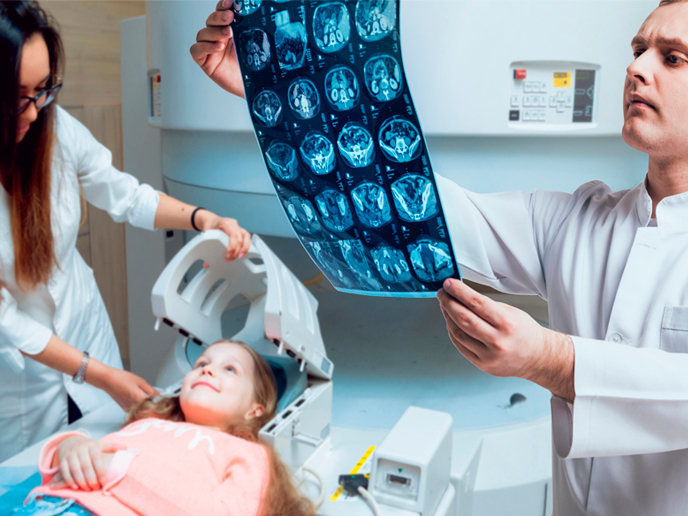Characterising the role of non-coding RNAs in cancer
Non-coding RNAs (ncRNAs) are key players in many essential processes, in both eukaryotes and prokaryotes. A significant number of ncRNAs (antisense RNAs) were recently discovered to be involved in the regulation of almost every cellular process and several diseases (e.g. cancer and Alzheimer's). In the quest for novel ncRNAs involved in cell differentiation and disease, the EU-funded ‘Novel roles of non-coding RNAs in differentiation and disease’ (RIBOREG) project was initiated. The primary aim of the project was to identify and characterise the function of ncRNAs in different cellular or developmental conditions (including cancer) and eukaryotic organisms (e.g. plant, animal and yeast). The researchers of the RIBOREG consortium applied a multidisciplinary approach integrating bioinformatics, cell biology, genetics and genomic strategies. The project successfully developed miRNA expression profiling, utilising locked nucleic acid (LNA) probes in mammalian cells and knock-out microRNA (miRNA) models, together with a new riboregulatory mechanism involving anti-miRNAs. This allowed the commercialisation of a number of products based on LNA technology. The progress in studies of RNA-mediated regulatory mechanisms has lead to the development of novel technologies for ncRNA biology. The RIBOREG project has provided information applicable to disease diagnosis and the subsequent development of therapeutics.







